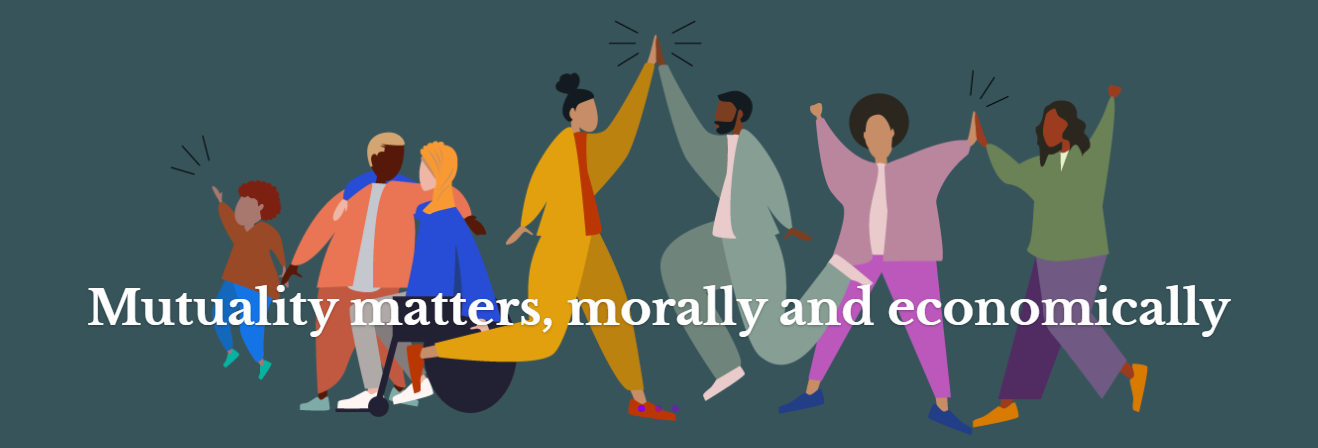Vision
The Equity Research Center (ERI) at the University of Southern California and the Institute for Social Transformation at UC Santa Cruz have created a joint project called Solidarity-at-Scale. This project draws on researchers, organizers, stakeholders, and policymakers to provide a vision for our economy; to identify opportunities, eliminate barriers, and promote new narratives to build a more inclusive economy.
As the compounding crises of economic instability, income inequality, and political polarization have escalated in our nation and the world, many have been looking for new economic theory. They seek a framework that can explain what has gone so wrong, move civic actors to build a more inclusive economy in California, and motivate the creation of new institutions that could steer us on a better course. Our project will develop and disseminate a “solidarity economics” approach to address widening income inequality, rising economic insecurities, and growing social and racial fragmentation while also promoting innovation and economic growth.
Goals
What better place to develop and test a new economic framework than in California? Here, tensions around race, immigration, and the economy have foreshadowed national experiences. We attract roughly half of the country’s venture capital, yet we are the fourth most unequal state in the union. However, the tide has begun to turn, and progressive values and policies have taken root (e.g. the $15 minimum wage, carbon regulation, etc.). But we need more far-reaching ideas and deeper thinking on reshaping our state’s economy if we are to get ahead of the curve. We seek to contribute to this wave of change in three ways:
- Build on past work to develop “solidarity economics” an approach that takes seriously the economic benefits of human impulses for connection, community, and belonging.
- Develop an approach that centers race and understands the possibility and power of scale in shifting institutions.
- Work alongside a group of organizers, power-builders, and change-makers to inform theory, narrative, and policies.
How would we do this?
This project intends to engage in “public theorizing” with social movement thinkers and leaders like you, through a series of interconnected events, articles, and communications strategies to inform a new economics framework. We want to discuss both how we should think about and describe “our economy” and the initial policy steps that could move the state in the direction of solidarity economics. We are in the midst of transitioning to a new website for the Solidarity Economics partnership that will be operational later this year.
Related Articles
Scaling Economic Solidarity: The Pandemic, Nonprofits, and Power
The Nonprofit Quarterly – April 20, 2020
Dr. Chris Benner and Dr. Manuel Pastor discuss solidarity economics for philanthropic and nonprofit audiences —and how they play a key role in both filling in critical gaps in the federal disaster relief efforts and guiding long term thinking in the recovery era.
Solidarity Economics—for the Coronavirus Crisis and Beyond
The American Prospect – March 23, 2020
Dr. Chris Benner and Dr. Manuel Pastor discuss in a recent American Prospect op-ed, why we need solidarity economics now more than ever to effectively put us on the route to recovery.
What’s Next? Envisioning An Equitable Economy Post Covid-19 & Systemic Racism With Dr. Manuel Pastor
Forbes.com – June 2020
By Morgan Simon
Past Events
Webinar: Solidarity Economics: OUR Movement, OUR Economy
A conversation with prominent national policy advocates and social movement leaders on Chris Benner and Manuel Pastor’s book, Solidarity Economics: Why Mutuality and Movements Matter
